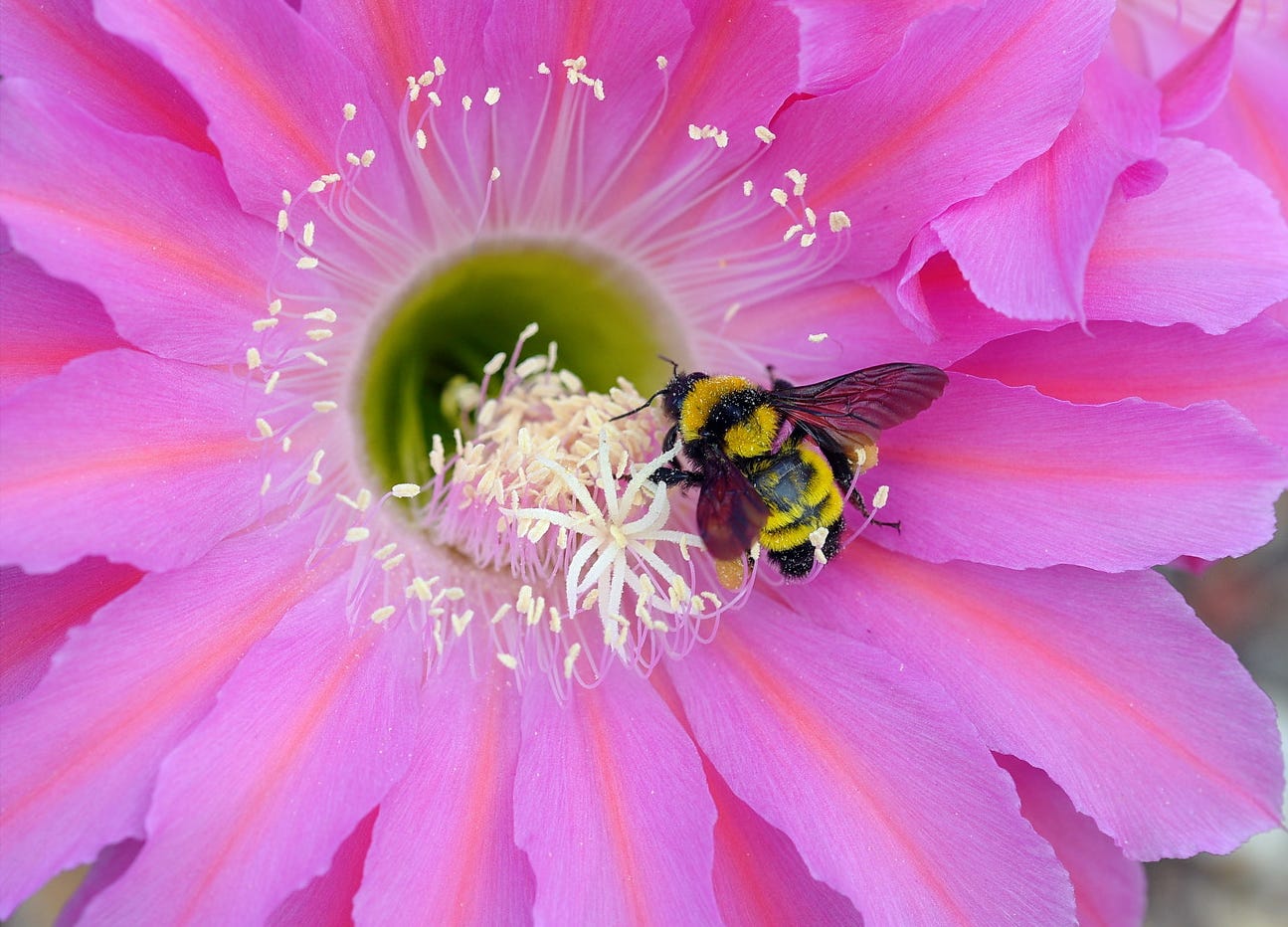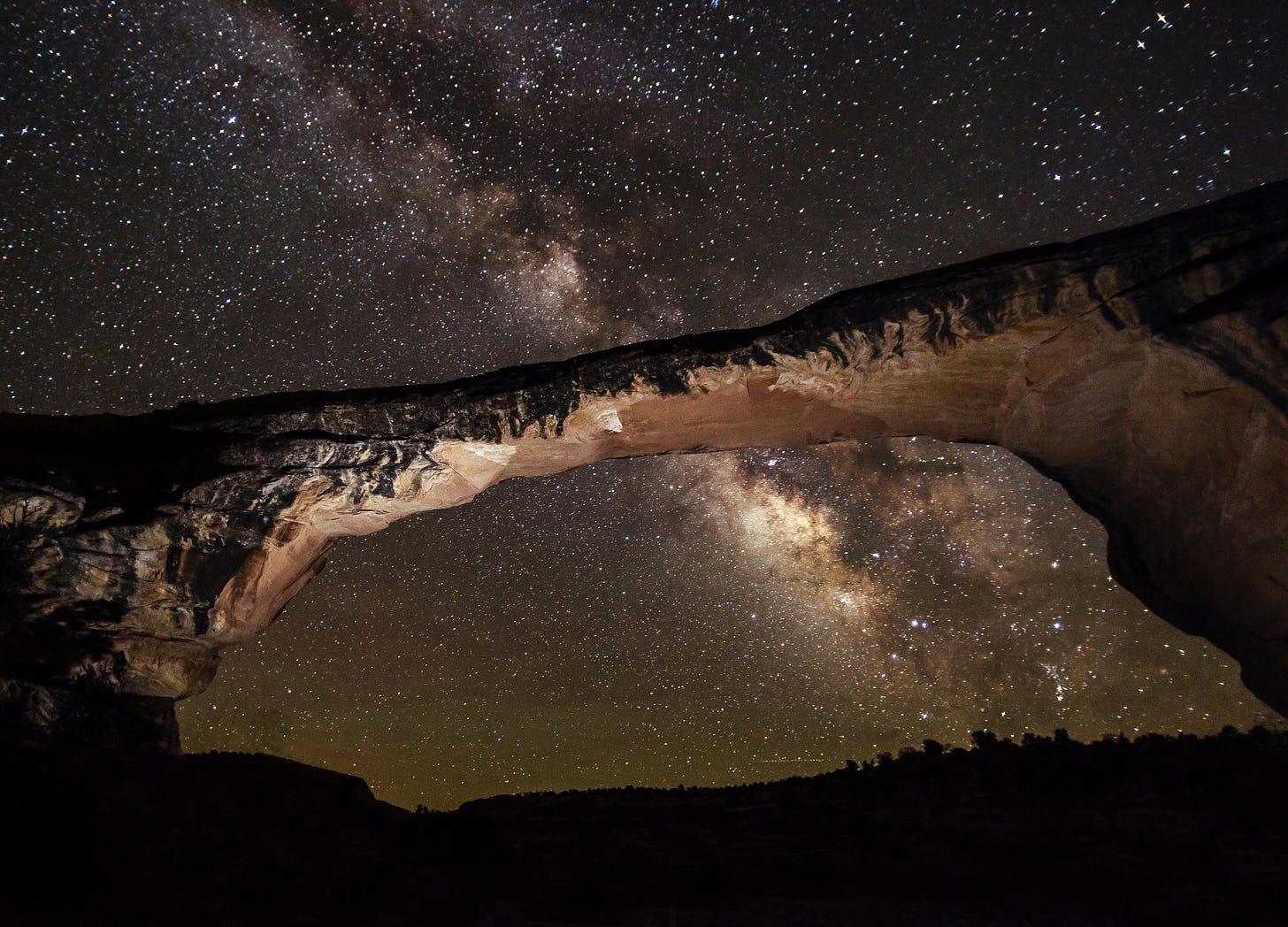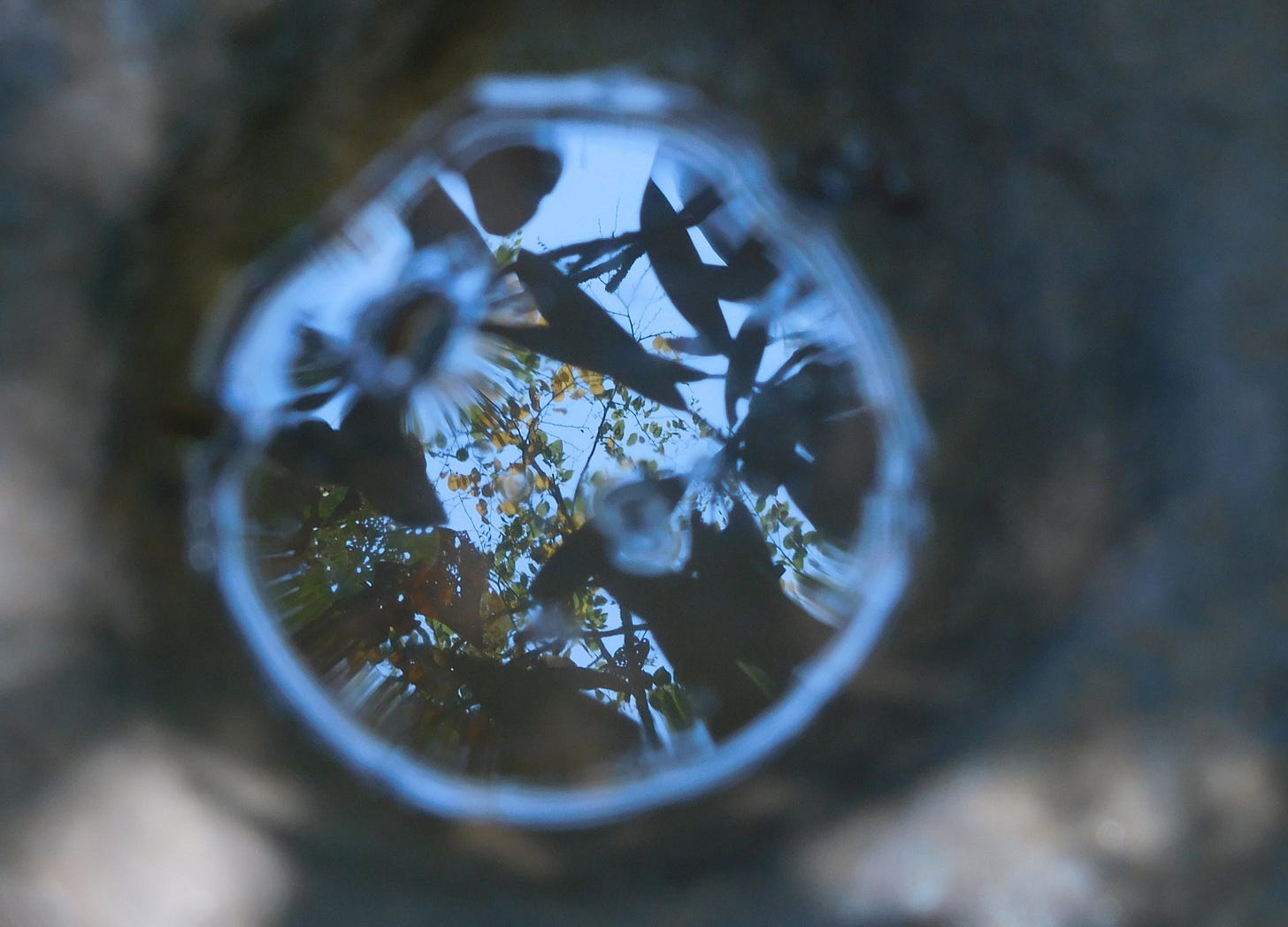Find the Honey
On each reading, a new facet of the poem catches the light, which beams through a tangled place in your only soul.
“Patience,” a poem by Ross Gay, reached out to me from the pages of This is the Honey: An Anthology of Contemporary Black Poets, edited by Kwame Alexander—a powerful collection of passion, grief, strength, love and much, much more. Gay’s poem comes from his book Catalog of Unabashed Gratitude, which gleams from my bookshelf. I’ve read it, but this day, his poem was all new.
Like scripture, a poem may feel fresh on each reading partly because you, the reader, inhabit a new incarnation of your life-long self. From among the poem’s multiple facets, a new one catches the light and beams through a tangled place in your only soul.
Patience itself is not what shone into me that morning. Consider this slow, delicious line: “my supine congress / with the newly yawning grass…” Not only the image is lovely but also the words it’s drawn with—their connotations and denotations, rhythms and harmonies.
Gay writes of admiring a weed which wouldn’t be there for his cataloguing had he “guarded with teeth bared / my garden of all alien breeds, / if I was all knife and axe / and made a life of hacking.”
When insisting on that kind of control, we lose from our gardens, yards and neighborhoods, from our pantries and bowls those lives we’ve eradicated. (Not to mention from the realms of economies and governance.)
Even what I might allow to gangle along in the shady under-skirts of the cascading Japanese maple is exiled if I skip the chance to sit, to be, to let whatever pollinators I’ve invited by planting the native “breeds” they feed upon flit into my field of vision.
"...the way this bee
before me after whispering
in my ear dips her head
into those dainty lips
not exactly like one entering a chapel
and friends
as if that wasn’t enough
blooms forth with her forehead dusted pink
like she has been licked
and so blessed
by the kind of God
to whom this poem is prayer."
—Ross Gay, "Patience"
Gay’s poem opens me up to awe. Have my efforts to control my days and environment banished the possibility of being bowled over by such awe? Awe at the human mind and heart. At this Earth, its microbes and towering maples. Its plate tectonics and jet streams.
And beyond Earth. What twinkles out there is now visible only in places where our insistence on 24/7 work and play hasn’t lit our nights to the point of obscuration1. The profits to be made from keeping us up at night conveniently render invisible the depths of space that used to serve up a regular diet of awe—and the perspective that awe nurtures—to our foremothers and forefathers.

Election season is a time when I feel especially powerless. On Nov. 6—or 8th, or 11th, however long it takes—about half the people in the USA, and a goodly number elsewhere, will dance in the streets and commend their compatriots for doing the right thing, while the other half, and others elsewhere, redden with anger, suspicion, and despair.
When you love people in both halves, you either split your own being along an inner tectonic rift, or you dedicate yourself to finding common ground, clinging there like a polar bear on a shrinking ice floe, feeling, ironically, very, very alone. Or, you tear your eyes and ears from the drama brought to you by the forces that gain power (monetary and otherwise) by amping up your anxiety, and you take in a leaf drifting down to the street, the lawn, or the floor of a remnant forest and pour your love into that singular cup of life.
That leaf feeds its tree by farming sunlight with the magic of chlorophyll till this time of the year, when its shape threatens the very conduit for its sweet life—should snow gather upon it and its fellows till they split branch from trunk with their weight. It dries then sashays so leisurely to the ground where invisibilities will break it down if you leave it there to once again feed that same tree with its vitamins and minerals, its proteins and sugars.
Ah, sugar—the way back to honey. “This Is the Honey” is also the name of a poem inside Alexander’s book, written by writer, organizer, and educator Mahogany L. Browne. She asks us:
“Soil creates things Art births change This is the honey & doesn’t it taste like a promise?”
Certain that I’d invented a word, I looked up “obscuration”. Nope, just late to the party. Also: footnote to a line from the poem (which Substack won’t let me footnote): Consider the line: “before me after whispering” Do you see the slant use of “before” and “after”? Such masterful language play just sends me!





“A regular diet of awe…” Such a profound reminder. Thank you for sharing Gay’s poem and your uplifting reflections. This entire essay made me smile and breathe deeply.
Beautiful thoughts. That photo from Joyce Kilmer Forest is stunning.